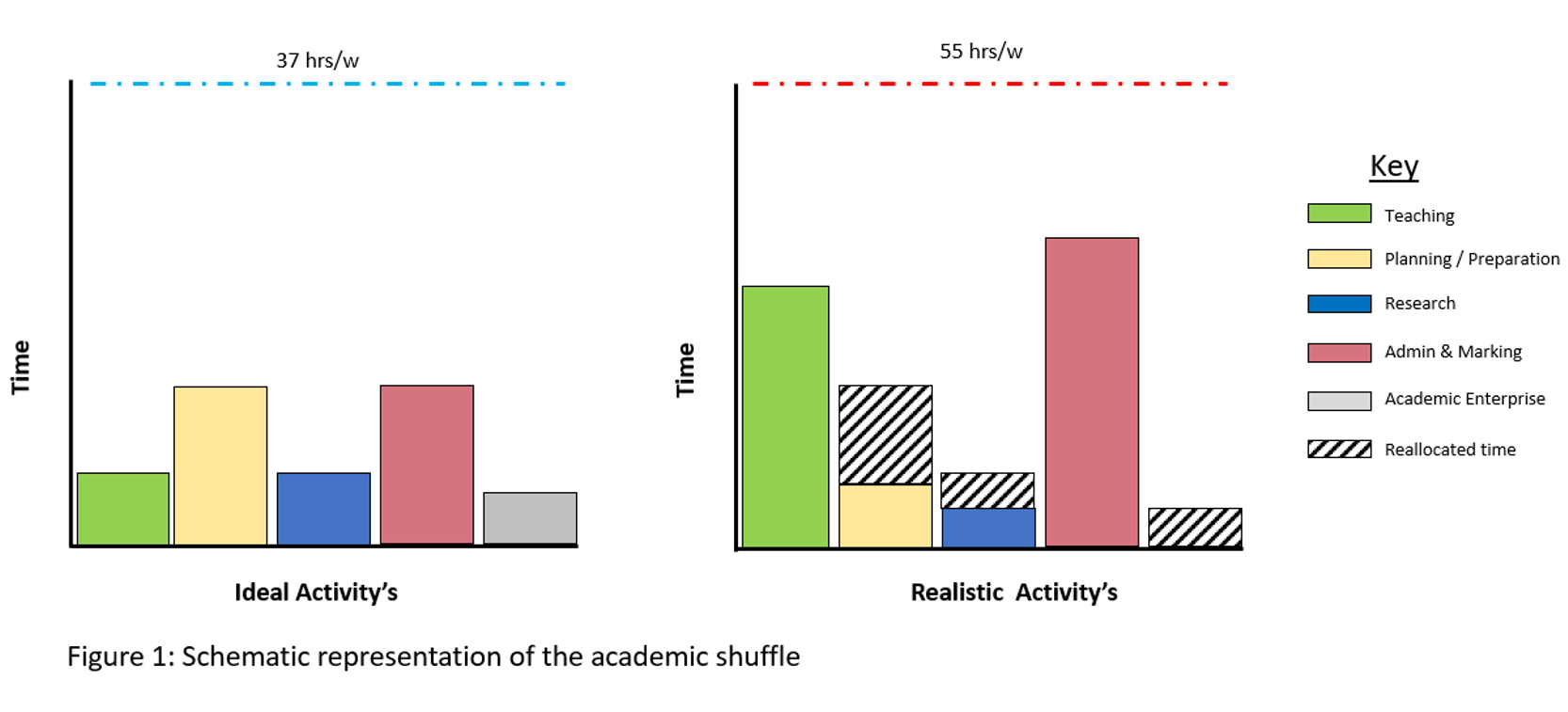
Lewis Mattin, University of Westminster, UK
An inquisitive mind and the career it can lead to
“Academia is the finest job in the world”. Or so they tell us. In all seriousness, what other job gives you the possibility to travel the world to exhibit and expose novel scientific findings and even undertake or observe a development in an area you are extremely passionate about? I believe all lecturers have an inquisitive mind about understanding the unknown.
My own drive stems from acquiring new knowledge and broadening what we know about the human body, with the added bonus of feeling a trivial nervousness about standing still. Maybe this is a feeling all academics have in common. Nevertheless, the fact I am writing this article on a very cold evening, while taking a break from marking students’ assignments puts perspective on what it really takes to be a lecturer in higher education.
My journey from Olympic athlete to physiology lecturer
I began my journey in higher education after a failed dream of becoming an Olympic swimmer. This focused my attention in the direction of sport and exercise nutrition, which I studied at BSc and MRes before converting my expertise as a postgraduate teaching assistant in human physiology. From this point onwards the learning curve was exponential.
If you are lucky enough to be able to have ‘physiology’ in your credentials, you could be regarded as the oracle of anatomy and physiology like Henry Gray and Henry Carter. Although don’t panic that you have 700 level 4 students on a Monday morning at 09.00 for two-hours desperately wanting to listen to your presentation on ion channels and trans-membrane gradients. A topic that is certainly going to feature in the final year exam.
What to expect when transitioning from teaching assistant to lecturer
As a teaching assistant your time is quite well protected, unfortunately, this is not the same when you get given the title of lecturer. You are now the physiology crème de la crème in your institution and the academic shuffle begins trying to beg, borrow and steal time to make your workload model seem correct (figure 1).
As an early career academic in your first lectureship, be prepared for some heartbreak as the majority of your planning and preparation time could be stolen to deliver more lectures. This means that the topic that got you into your position, your research interest, has now got to become a hobby. Don’t worry, if you get the balance right the job of being a lecturer can be fantastic and remember that “If you know it all, what is there left to learn”.

Are you a new lecturer teaching basic systems physiology? Explore our new video resources where we offer useful analogies and advice to communicate key concepts. All available for free for members on our Training Hub.

